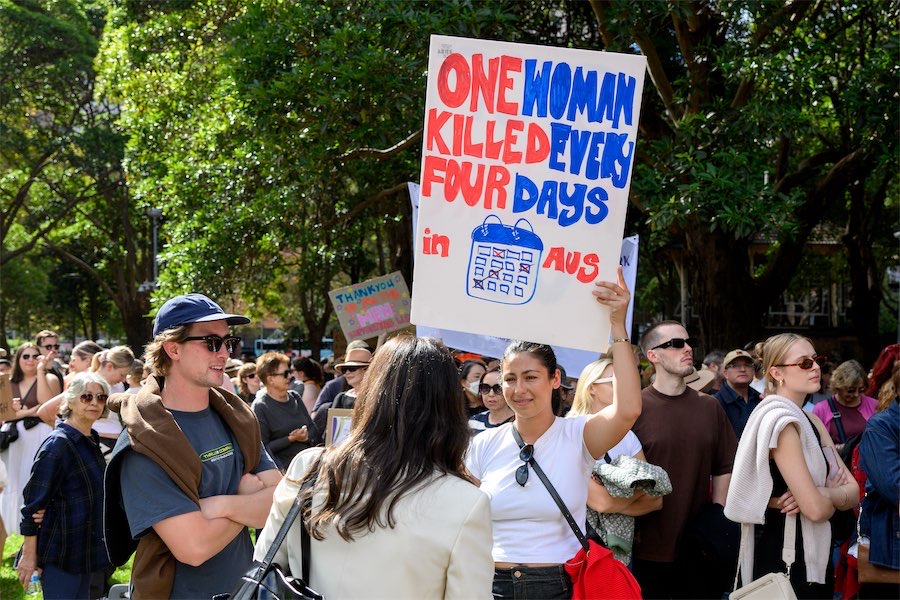JUST one third of Australians are interested in news about environment and climate change, with one in five reporting they don’t listen to news of that nature.
According to the “Digital News Report: Australia 2022” released by the University of Canberra’s News and Media Research Centre today (June 15) the two main predictors of disengagement are age and political orientation, as those over 76-years-old and identifying as right-wing are most likely to disengage (35 per cent and 29 per cent respectively).
“The survey found there is a much stronger demand for news to play an advocacy role in reporting climate change than general news,” the report, which surveyed 2038 adult Australian news consumers, says.
“For general news, people want news outlets to reflect a range of views, so they can make up their own mind about an issue. However, when it comes to news about climate change, four in 10 say news outlets should pick a side.
“This is a notable departure from a tradition of impartiality that many news consumers appear to find increasingly untenable in the face of the climate emergency.”
Respondents reported wanting more news focused on what governments and large companies should do about climate change (42 per cent), compared to individuals’ responsibility (16 per cent).
The report also found concern about climate change is increasingly divided across the political spectrum, with 81 per cent of the left, but just 32 per cent of the right expressing concern.
Those in regional areas remain less concerned about climate change.
Among other findings, the survey reports that following the “COVID-19 trust bump” at the height of the pandemic, trust in news had fallen slightly to 41 per cent (down two points from last year), to return to its long-term trend.
“COVID-19 was an opportunity for news media to pause sensationalism and regain trust. However, this trust was not sustained,” said lead author Dr Sora Park.
“Many Australians do not believe news media are independent, or that they put society first. And these perceptions are linked to a deep cynicism and mistrust in news.”
The research team found that low trust in news may be linked to how news organisations manage personal data, as less than one-third (30 per cent) of respondents trust them to use their data responsibly.
The report also found a correlation between those with low trust in news, and higher levels of avoidance; 77 percent of those who do not trust news, also avoid news.
The full report is available here
Who can be trusted?
In a world of spin and confusion, there’s never been a more important time to support independent journalism in Canberra.
If you trust our work online and want to enforce the power of independent voices, I invite you to make a small contribution.
Every dollar of support is invested back into our journalism to help keep citynews.com.au strong and free.
Thank you,
Ian Meikle, editor





Leave a Reply